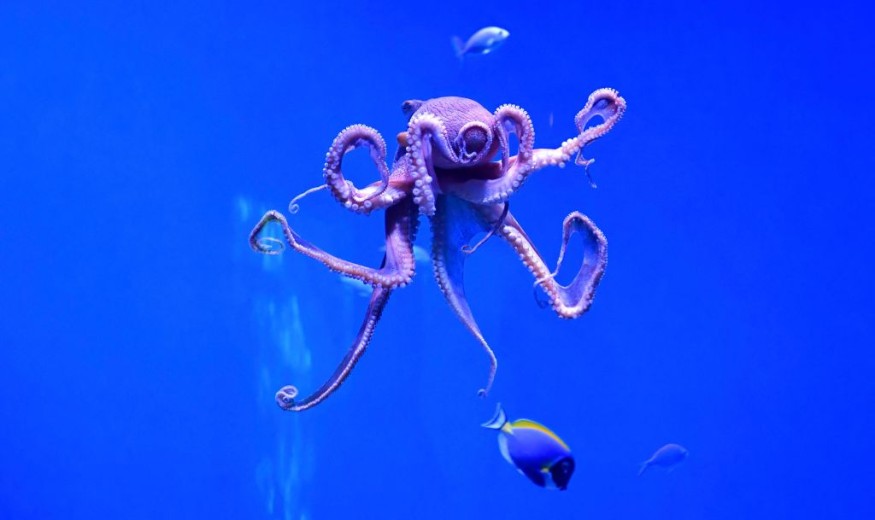Researchers discovered that increasing global temperatures and heat stress can harm octopuses that are sensitive to temperature fluctuations. The study warns that octopuses are vulnerable to impaired vision and death due to difficulty in surviving.
Increasing ocean temperatures is one of the major threats to aquatic and marine animals exacerbated by climate change. Heat stress has a significant impact on many species that are not used to higher temperatures. For instance, coral reefs can suffer from health decline, and more animal behaviors will be mostly affected.
The rapid rise of fossil fuel burning has helped worsen the effects of climate change. In a recent report, octopuses have suffered from different threats, including the following:
- Human disturbance
- Toxic water pollution
- Warmer temperatures
Additionally, the report warned of the potential detrimental effects of increasing water temperatures on octopus survival, which can die prematurely.
Impacts of Warmer Temperatures on Octopus Population

In a recent report, researchers raised concerns about the global warming effects on octopus hatchlings after studying using a quantitative proteomics approach. Understanding the problem can offer new insights into saving the habitats and population of octopuses.
Australian researchers conducted the study and discovered that alarming heat stress conditions can affect the vision of octopuses. Young octopuses are also at risk, including their mothers. Eggs failed to hatch when being exposed to higher temperatures, meaning they could die prematurely.
The vision of octopuses is essential to survival. Reports reveal that octopuses focus 70% of their brains on vision, which is key to evading predators and looking for potential food. The researchers developed a projection based on the possible temperatures in 2100, particularly in summer.
To observe the impacts of heat stress, octopus mothers, together with their unborns, were exposed to hotter temperatures, from 19°C to 22°C to 25°C.
Based on the study's findings, the researchers discovered that octopuses, at 25C, produced fewer proteins. The structural protein is important for the animal's vision or optical clarity. In terms of breeding, at least three to three octopus breeds failed to hatch at 25C, and the mother octopus suffered from heat stress.
Although octopuses can adapt to temperature fluctuations, increase temps will become unbearable for the said animal, which can likely suffer from death due to survival difficulty. The overwhelming heat stress could also affect other marine animals.
Why Ocean Reach Rising Temperatures
A recent Nature World News (NWN) report explains that global warming, the decline in Albedo, and human disturbances have exacerbated the effects on ocean temperatures.
The researchers emphasized that the reduction of greenhouse gas emissions can mitigate the impacts on octopuses and other animals sensitive to shifting temperatures.
In addition, monitoring the state of oceans and animals is crucial to understand better their situations amidst the increasing concerns of global warming.
For more similar, don't forget to follow Nature World News
© 2025 NatureWorldNews.com All rights reserved. Do not reproduce without permission.





